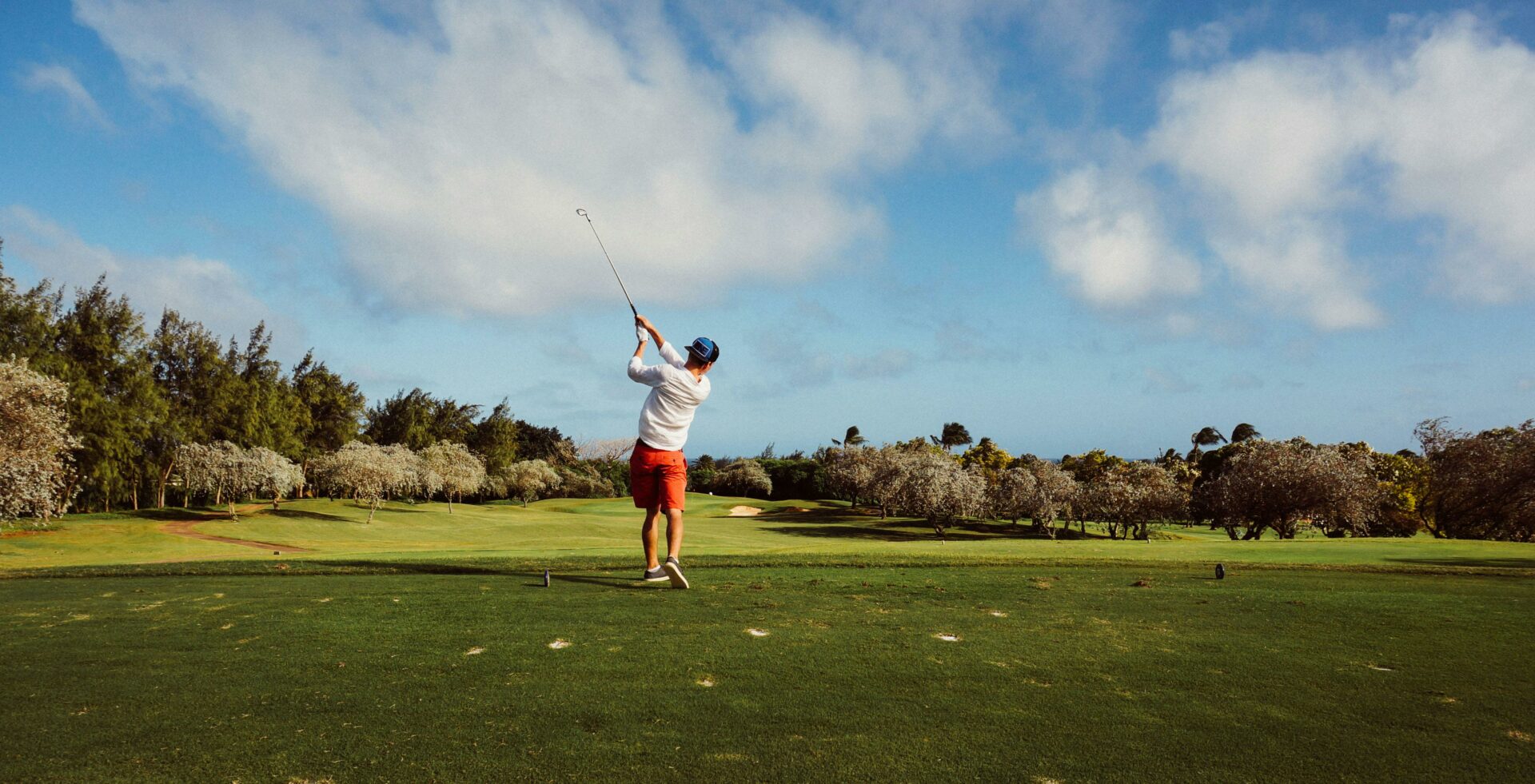
Result
Hobbies are increasingly gaining importance as a counterbalance to the hectic pace and intensification of everyday life. They help in coping with daily stress, offer structure, self-affirmation, and the opportunity to escape professional and social obligations for a limited time. Accordingly, for the vast majority of the population, their own hobby is also an effective means of relaxation. For more than four out of five respondents, engaging in a personal area of interest promotes their well-being. However, social and age-related differences are evident: Older citizens and higher earners attribute greater importance to hobbies than younger people and those with lower incomes.
Reasons
The differences can be explained by differing life realities. Younger people are more frequently under pressure to adapt in terms of time, career, and social life. Their daily lives are more strongly characterized by upheaval, mobility, and digital stimuli. During this phase, hobbies sometimes lose their consistent importance or are pursued more irregularly and with less ritual. Older people, on the other hand, often find it easier to integrate personal interests into their daily lives. Established daily routines, long-standing habits, and a stronger emotional connection to familiar activities enhance the restorative effect.
Higher incomes also create more freedom of choice. Those with greater financial resources experience their leisure time as less restricted and more malleable. Consequently, regular hobbies are easier to plan, cultivate, and pursue. Furthermore, the spatial conditions – such as housing and infrastructure – facilitate more active and diverse leisure activities for many higher earners.
Forecast
The importance of personal hobbies will continue to increase. Rising demands in professional life, the desire for mental relief, and the search for stability and rituals in private life are moving to the forefront of individual leisure activities.
In the future, more citizens will use their hobbies specifically to differentiate themselves from the outside world and to regain inner balance. Personal interests will then serve not only for relaxation, but also for finding one's place in an increasingly complex environment.
In a society where accessibility, efficiency and change are central guiding principles, the regular pursuit of a hobby gains symbolic and practical significance – as a personal anchor point in everyday life.


